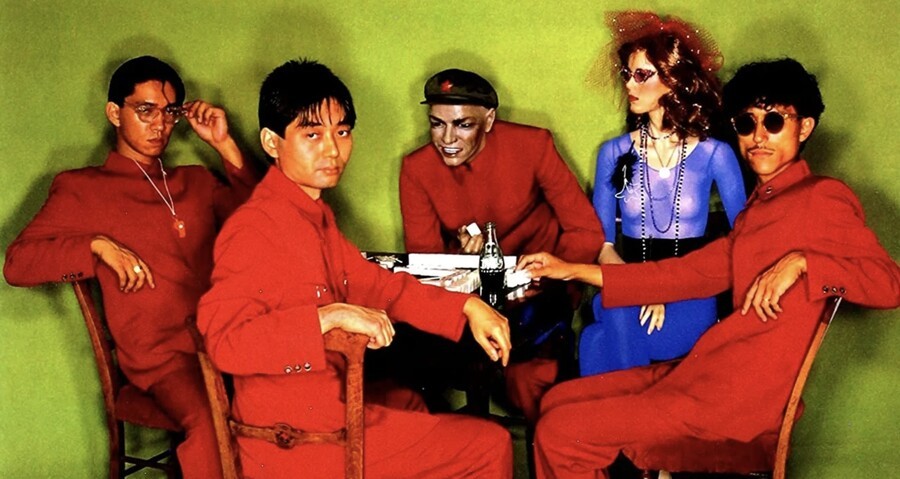
On Wednesday, January 11, Yukihiro Takahashi, a founding member, composer, drummer, and vocalist of the pioneering Japanese synth-pop band (and formative influence on Japanese video game music) YMO (Yellow Magic Orchestra) passed away at age 70.
Like his fellow former YMO bandmates, Yukihiro Takahashi’s extensive soundtrack work also included video games, beginning with the Enix-developed and Nintendo-published Japanese-exclusive RPG Chikyū Senshi Rayieza (The Earth Fighter Rayieza) for the Famicom, a Japanese computer title which was ported to Nintendo's machine under the title Ginga no Sannin.
According to the newspaper The Mainichi, his official cause of death was eventually revealed by his office to be aspiration pneumonia, but fans had long steeled themselves for this possibility ever since the musician underwent surgery to remove a brain tumour in August 2020.
News of his death spread throughout traditional and social media early Sunday in Japan and late Saturday in the West, with obituaries appearing in Rolling Stone and Pitchfork, among other outlets. Former YMO bandmate Ryuichi Sakamoto expressed his loss by simply tweeting a dark grey square, which quickly went viral and is filled with touching comments from fans the world over, sharing their memories and offering their condolences.
YMO were a supergroup formed in 1978 by Haruomi Hosono of Happy End, Yukihiro Takahashi of Sadistic Mika Band, and established solo artist Ryuichi Sakamoto. Along with Kraftwerk, the trio are often cited as early examples of synth-pop and enjoyed unprecedented international success, charting abroad and touring the world, appearing on Soul Train, and being covered by no less than Michael Jackson and Eric Clapton. The band dissolved amicably in 1984 so its members could focus on their respective solo careers, but they continued to collaborate with one another over the decades.
While their influence on popular music extended far beyond their native Japan, it is difficult to imagine Japanese video game music in the '80s and '90s sounding quite the same without YMO.
It would be easy to point out that time Sega shamelessly stole the Takahashi-penned smash hit "Rydeen" for its 1982 arcade game Super Locomotive, but perhaps former SNK and Capcom composer Harumi Fujita put it best when she tweeted: "In the early days of video game music, we didn't have any manuals or instructors—the only example we had to follow was YMO."
YMO themselves anticipated the impact they would soon have on the video game industry on their eponymous 1979 debut album, which featured samples from the Golden Era arcade classics Circus and Space Invaders in the twin tracks book-ending Side A "Computer Game".
Our deepest condolences to the Takahashi family, as well as his friends, colleagues, and fans.






Comments 2
Wow, Yellow Magic Orchestra. I would have never expected that name to show up on this site. Rest in peace.
I use to DJ out here in Detroit Michigan and ymo was common in all my mixes. Blessing to the fam.
Show Comments
Leave A Comment
Hold on there, you need to login to post a comment...